Donald Trump

In this episode, we explore conspiracy theories about the July 13 assassination attempt on President Donald Trump. Despite evidence suggesting shooter Thomas Matthew Crooks acted alone, theories implicate the Secret Service, foreign governments, and political groups. We examine cognitive and emotional factors driving these beliefs and emphasize applying the Conspiracism Principle: never attribute to malice what can be explained by randomness or incompetence.
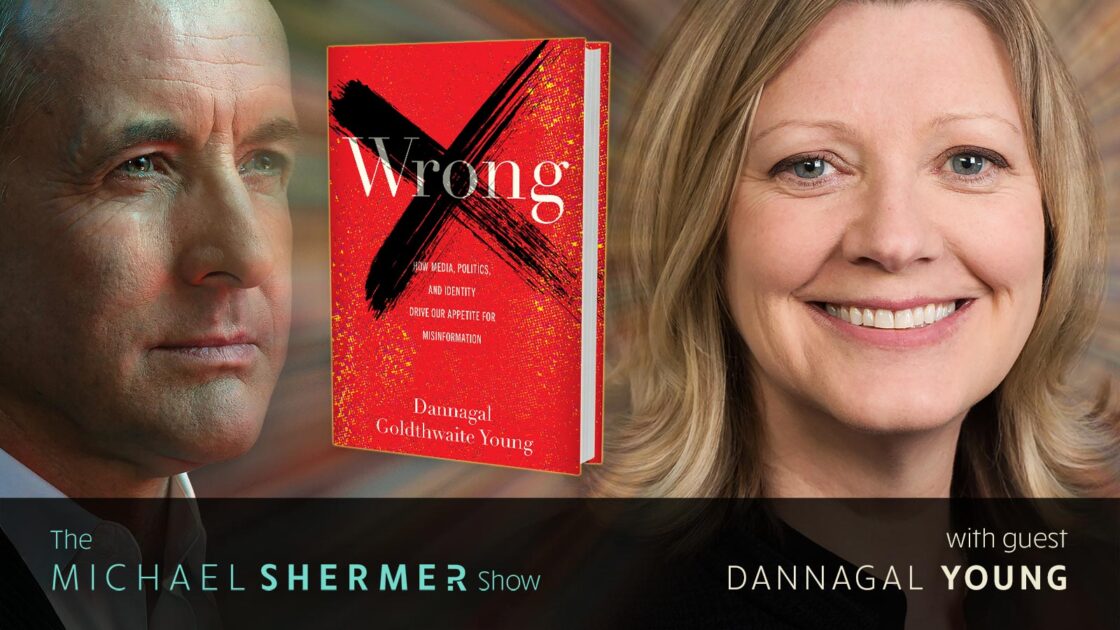
Shermer and Young discuss: how do you know if you are wrong, or that someone else is wrong • the evolution of reason: veridical perception or group identity? • the 3 “Cs” of our needs: comprehension, control, community • open-minded thinking • intellectual humility • political polarization • echo vs. identity chambers • social media • lies • disinformation • Donald Trump • democracy • science and morality • solutions to identity-driven wrongness.
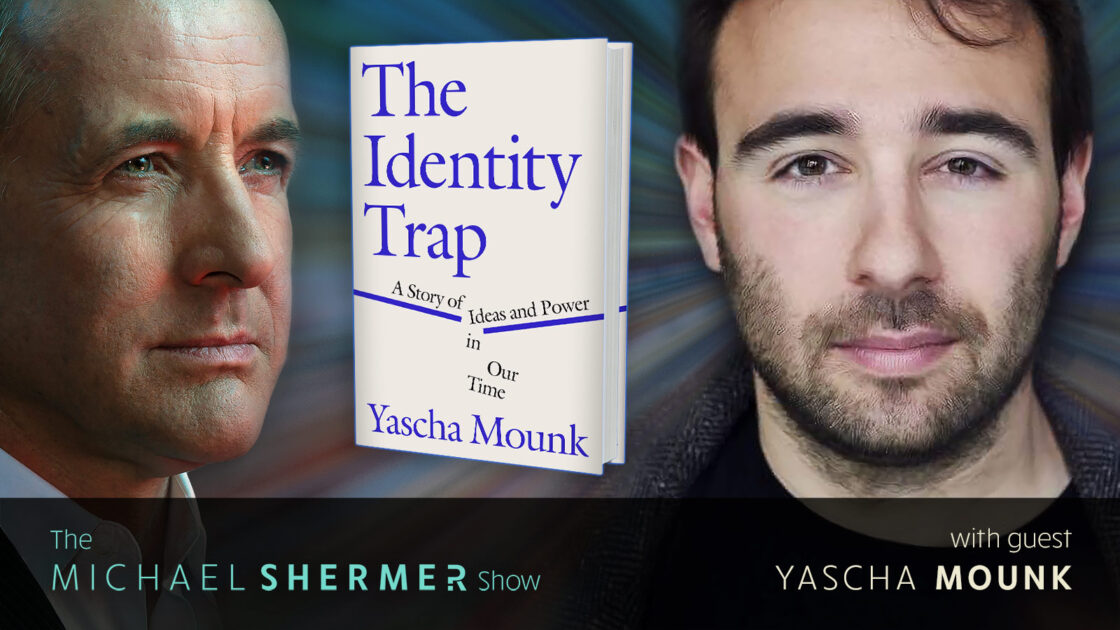
Shermer and Mounk discuss: the identity synthesis/trap • Israel, Hamas, Palestine • why students & student groups are pro-Palestinian and anti-Israel • the rise of anti-Semitism in recent years • proximate/ultimate causes of anti-Semitism • the rejection of the civil rights movement and the rise of critical race theory • overt racism vs. systemic racism • the problem of woke ideology • Trump and the 2024 election • the possibility of another Civil War • What should we do personally…
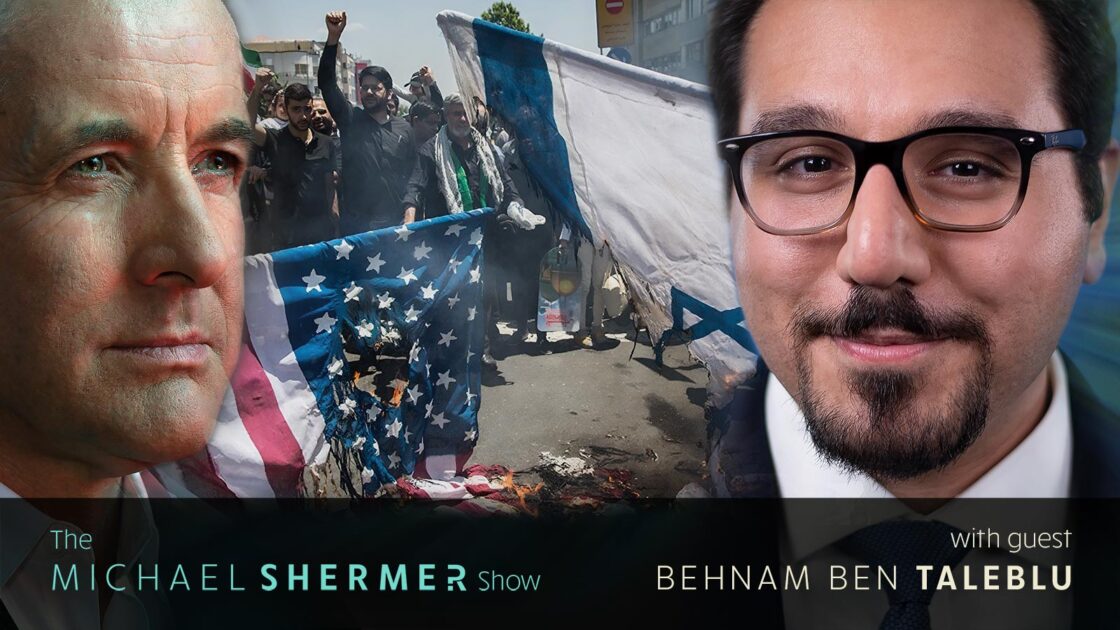
Shermer and Taleblu discuss: • Iran and Hamas • Hamas and Israel • Does Iran really want to wipe Israel off the map? • Islam, Islamism, Jihadism • Sharia Law • Hamas, Hezbollah, and terrorism in the Middle East • Would Mutual Assured Destruction (MAD) work with Iran? • Do economic sanctions work against Iran? • Trump’s strategies in the Middle East: what worked, what didn’t and why • the Iran Deal, and why they support terrorists • U.S. support…

Shermer and Dallek discuss: the origin of the John Birch Society • the “right,” “conservatism,” “liberalism” • “mainstream” vs. “fringe” • Cold War context for the rise of the radical right • the link between the John Birch Society and radical right figures today like Michele Bachmann, Sarah Palin, Marjorie Taylor Greene, Glenn Beck, Alex Jones, Ron Paul, Rand Paul, and Donald Trump • COVID denialism, vaccine disinformation, America First nationalism, school board wars, QAnon plots, allegations of electoral cheating…
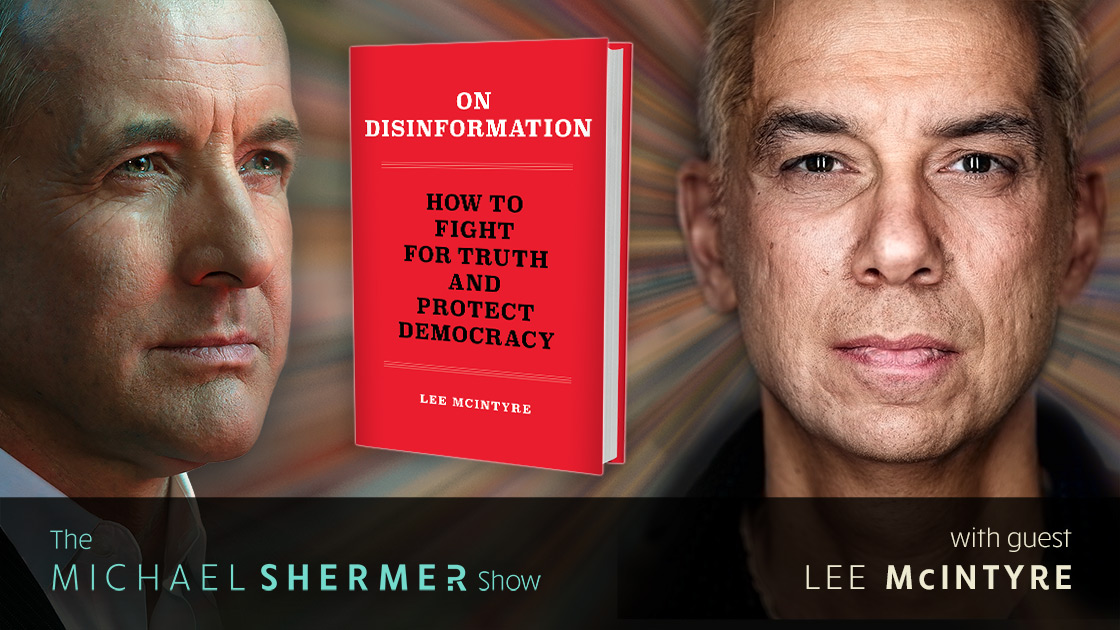
Shermer and McIntyre discuss: default to truth theory • RFK Jr. • whether reason evolved for veridical perception or group identity? • How do we know what is true and what to believe? • worst case scenarios if Donald Trump wins in 2024 • trans issues, race issues, GMOs, nuclear power, climate doomsdayism • What went wrong during the COVID-19 pandemic? • disinformation about masks, vaccines • social media and disinformation.
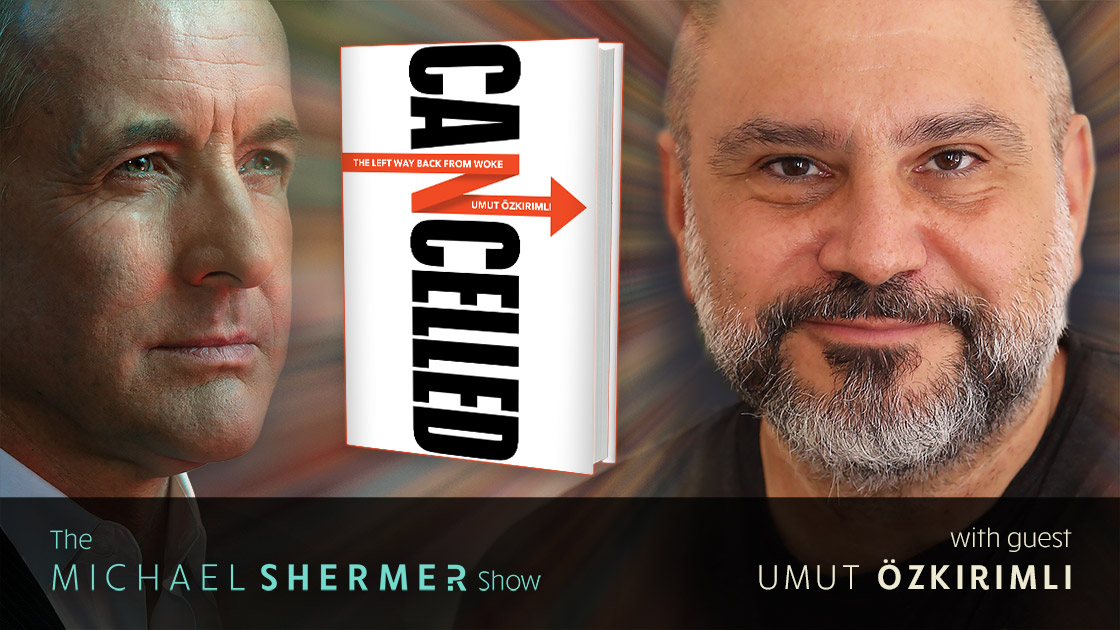
Shermer and Özkirimli discuss: identity politics, cancel culture • woke, TERF, anti-fragility, anti-racism • diversity, equity, and inclusion • Ibram X. Kendi, Robin DiAngelo • Loretta Ross, rape, retributive vs. restorative justice • Woman’s March • leftism, progressivism, democratic socialism, liberalism, classical liberalism, libertarianism, conservatism, populism, nationalism, white nationalism, authoritarianism, tyranny • moral panics • MAGA, Trump • victimhood • safetyism • trigger warnings, safe spaces, microaggressions • What Went Wrong?

Shermer and Mandel discuss: the problem of woke ideology • anecdotes vs. data about woke actions and intentions • sex and gender • woke medicine • transgender affirming care • government vs. private responses to social movements and ideas • Trump, DeSantis, Liz Cheney, the Lincoln Project, and other GOP issues • abortion: pro-Choice or pro-Life? • support for children: government or private? • What is “the left” and how does it differ from liberalism, classical liberalism, and libertarianism? •…
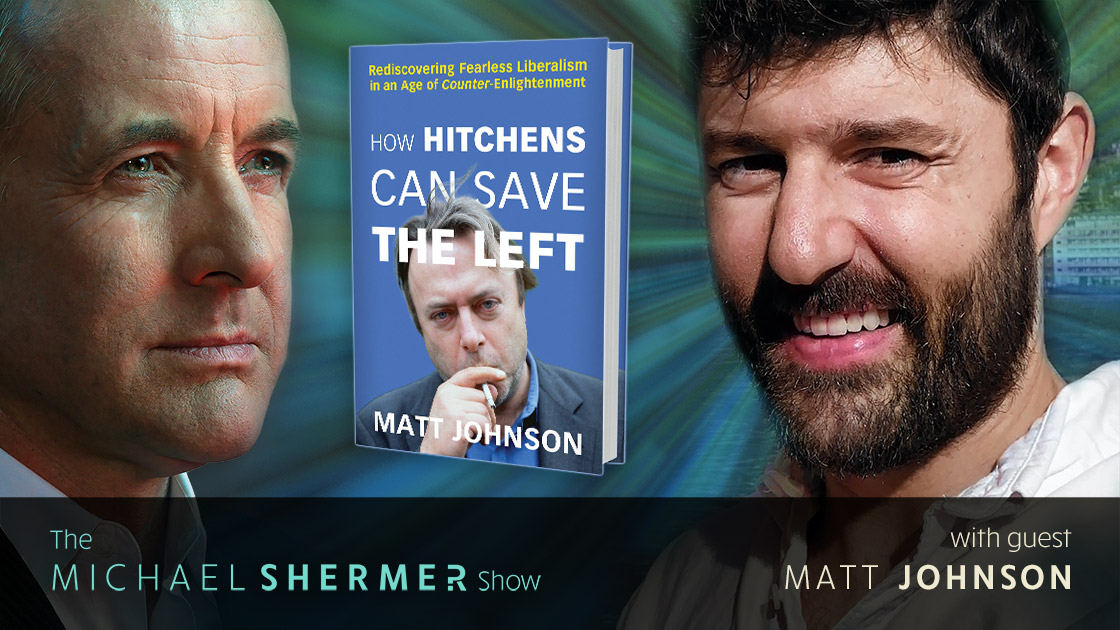
Shermer and Johnson discuss: Hitchens on free expression, identity politics, radicalism, interventionism, authoritarianism, patriotism, internationalism, America and Liberalism, reparations, religion, and death • identity politics • hostility to free speech • why Hitch did not become a neoconservative, warmonger, or imperialist • Enlightenment Liberalism • Trump and the division of the right • Hitchens on the precursors to Trump • Putin and Russian nationalism.

In our “post-truth” world, objective facts are less influential in shaping public opinion than appeals to emotion and personal belief. In the U.S., citizens’ trust in their government is at historically low levels, and the trust gap is difficult to bridge because individuals who practice deceptive behaviors often gain. This type of situation is known as a “tragedy of the commons.” Behavioral scientist Gleb Tsipursky offers the Pro-Truth Pledge (PTP) as one solution to help rebuild trust in and decrease…
What are we to make of the fact that a number of far-right politicians and activists are now owning the label “Christian Nationalist”? Conversely, conservative Christian leaders are repudiating Christian nationalism by reframing it as a type of extremism relegated to the fringe or, oddly, a “virulent form of secularism”. According to the Family Research Council the term is part of a plot to suppress the votes of conservative Christians. This article explores these tensions in this rising threat to…
America is being torn apart. Amid growing strife, many people are experiencing angst concerning the future of this country, a country once renowned for its exuberant spirit of discovery, progress, liberty. From across the increasingly tribal political landscape, one can observe attacks on the ideas that fueled America’s spectacular rise: reason, individualism, and political freedom. From the illiberal left the “woke” phenomenon has emerged, rising to dominance in cultural institutions and calling for “canceling” those institutions, symbols, and even thoughts…
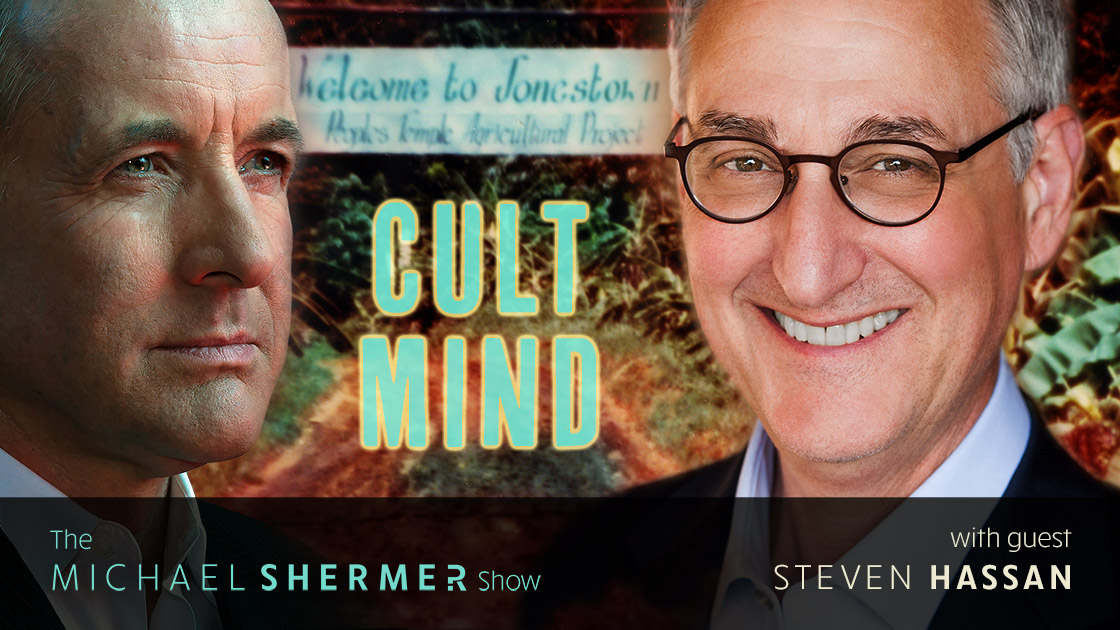
Shermer and Hassan discuss: types of cults, their characteristics • cult leader profiles • the influence continuum • mind control • brainwashing • Project MK-ULTRA • Scientology • NXIVM • strip search hoax • social media mind control • neuroscience of mind control • authoritarian mindset • Trump’s mind-control techniques • breaking free of cults.

Over the last six years, allegations of stolen elections and massive election fraud have proliferated in the United States. The significance of claims that the results of one election—let alone several—were fraudulent, cannot be overstated. When citizens believe an election has been stolen, chaos, riots, and the potential collapse of political systems ensue. That means the question of whether an election was stolen or rigged should demand the highest level of scrutiny and the highest degree of skepticism. In this…
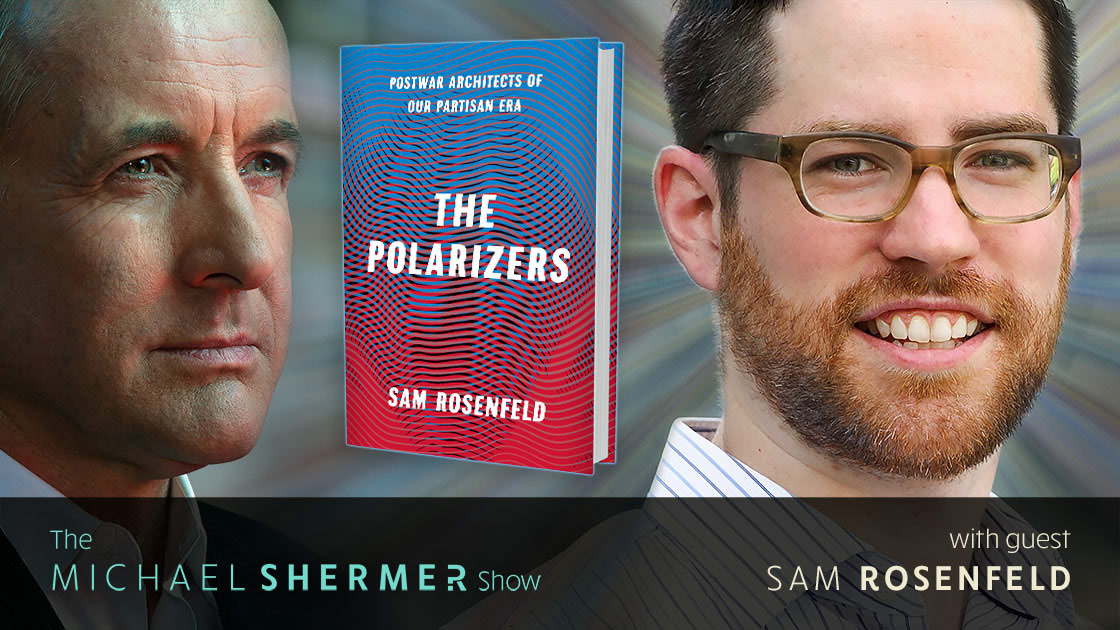
Shermer and Rosenfeld discuss: why we have a duopoly • gerrymandering • voting restrictions • how we know all elections are not rigged • abortion • immigration • US foreign policy • the rise of conservative and liberal think tanks • ideology • political polarization • political leanings of industrialists vs. tech billionaires and rural poor vs. urban poor • Trump and 2016, 2020, and 2024 (are we facing civil unrest as never seen before?)…
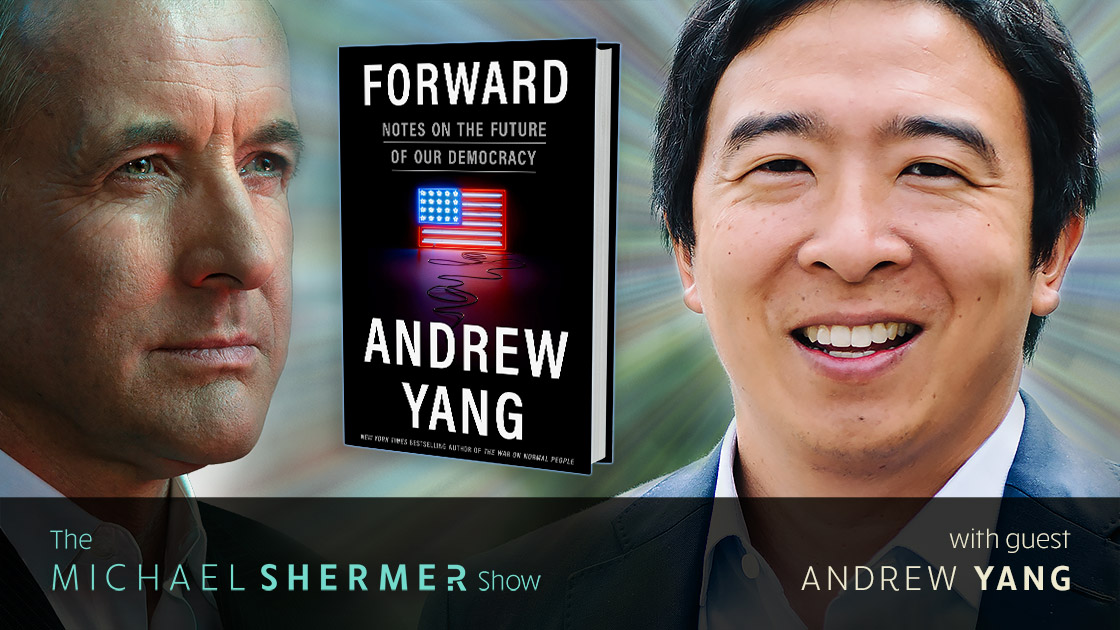
Michael Shermer speaks with Andrew Yang about the Forward Party, the future of politics in a party duopoly, political partisanship, and how to bring about the change we need. This conversation is based on Yang’s new book Forward: Notes on the Future of Our Democracy.
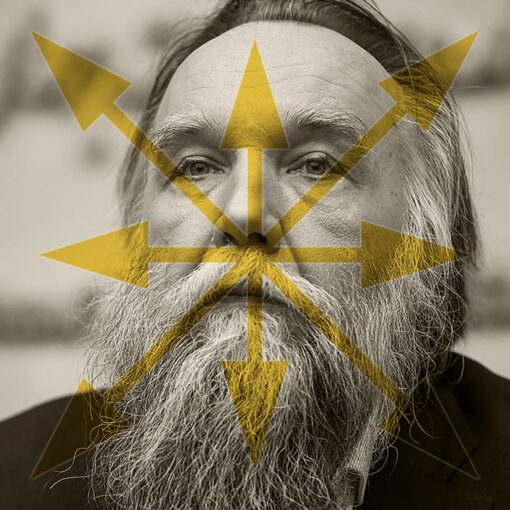
Robert Zubrin takes a renewed look at his 2015 Skeptic article about the Mystical High Priest of Russian Fascism, Alexander Dugin, in light of Putin’s recent, full-scale invasion of Ukraine. It will strike readers as all too prescient.
Michael Shermer speaks with Professor of International Relations, Dr. Jacek Kugler, about his Power Transition Theory as it pertains to China, Russia, and Ukraine. PLUS: Robert Zubrin takes a renewed look at his 2015 Skeptic article about the Mystical High Priest of Russian Fascism, Alexander Dugin, in light of Putin’s recent, full-scale invasion of Ukraine.
Whatever happened to reasoned discussion and respectable disagreement? Michael Shermer speaks with Ravi Gupta, the Founder and CEO of Lost Debate, a new non-profit media company that launched in October 2021 to fight polarization and misinformation online.
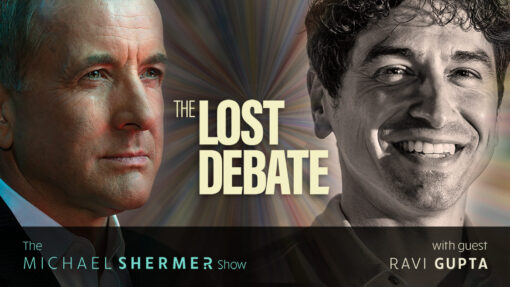
Whatever happened to reasoned discussion and respectable disagreement? Michael Shermer speaks with Ravi Gupta, the Founder and CEO of Lost Debate, a new non-profit media company that launched in October 2021 to fight polarization and misinformation online.
NEXT →
























